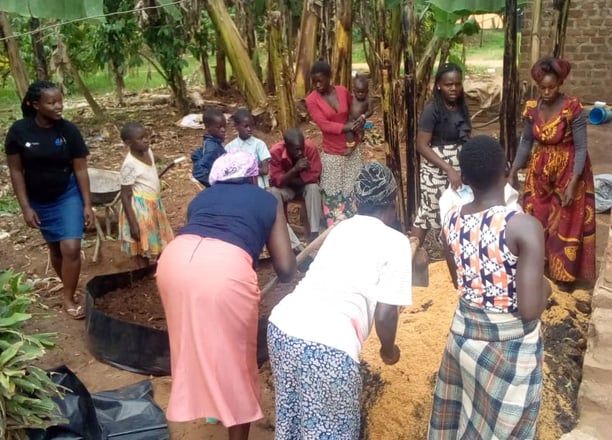Environmental Awareness & Protection
Protecting our environment through community clean-ups, education programs, and sustainable initiatives. Join us in creating a healthier and more sustainable future for all.


At Health Response for Community Development and Sustainability (HE-RECORDS),
we understand that a healthy environment is essential for the well-being of individuals and communities. Our Environmental Awareness & Protection program is driven by the belief that sustainable development cannot be achieved without environmental stewardship and climate resilience.
We work at the grassroots level to promote eco-conscious living, protect natural resources, and build community capacity to respond to environmental challenges such as deforestation, pollution, climate change, and poor waste management.
Key Focus Areas:
Environmental Education & Sensitization:
We conduct awareness campaigns, school-based education programs, and community workshops to inform people about the importance of environmental protection and sustainable practices.Tree Planting & Reforestation Initiatives:
To combat deforestation and promote biodiversity, HE-RECORDS supports tree planting activities in schools, public spaces, and degraded areas.Waste Management & Clean-Up Campaigns:
We organize community clean-up drives and promote proper waste disposal, recycling, and sanitation practices to ensure cleaner and healthier environments.Climate Change Mitigation & Adaptation:
Our programs empower communities to understand climate change impacts and adopt sustainable farming, water conservation, and energy-efficient practices.Community-Led Conservation Projects:
We engage local leaders, youth, and women’s groups in protecting water sources, conserving wetlands, and safeguarding local ecosystems.Policy Advocacy & Stakeholder Engagement:
HE-RECORDS works with environmental agencies and local governments to support policy development, promote green initiatives, and ensure community voices are heard in environmental decision-making.
